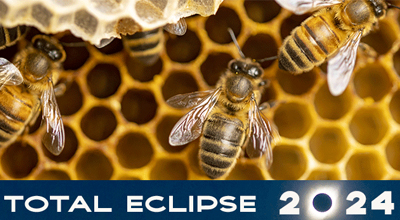The Department of Integrative Biology at The University of Texas at San Antonio is a comprehensive academic Department that offers a B.S. degree in Biology, a B.A. degree in Environmental Studies, a B.S. degree in Environmental Science, and a B.S. degree in Multidisciplinary Science, plus a M.S. degree in Biology and a M.S. degree in Environmental Science.
The Department was formed in 2021 by the integration of the Department of Environmental Science and Ecology, the plant biology division within the Department of Biology, and the Department of Biology science education faculty. The Department of Integrative Biology is designed for students who want a focus in biological structures and systems from multicellular life to local ecosystems to the entire terrestrial biosphere. Our graduates often pursue careers as a biologist, lab technician, physician, dentist, wildlife biologist, and high school science teacher.
We offer diverse research opportunities to foster your education in one of the fastest-growing research universities in the country. Our faculty members conduct research in a variety of areas and are dedicated to the university mission of discovery, teaching and learning, community engagement, and public service. At UTSA we are committed to your success! You will have access to strong research programs, state-of-the-art resources, and competitive financial support.

Contact
Professor, Interim Integrative Biology Department Chair, Associate Dean for Undergraduate Studies
Integrative Biology
Timothy.Yuen@utsa.edu2602
Undergraduate Students
79
Graduate Students
52
Faculty
$3M
Research Expenditures
Latest Integrative Biology News
View All Integrative Biology News


February 29, 2024
UTSA-led coalition will train underserved students for agriculture, conservation careersPublished by UTSA Today
Social Media
Stay connected & engaged with UTSA Integrative Biology!


